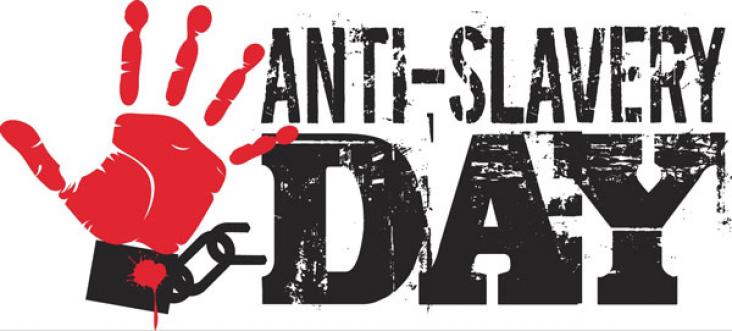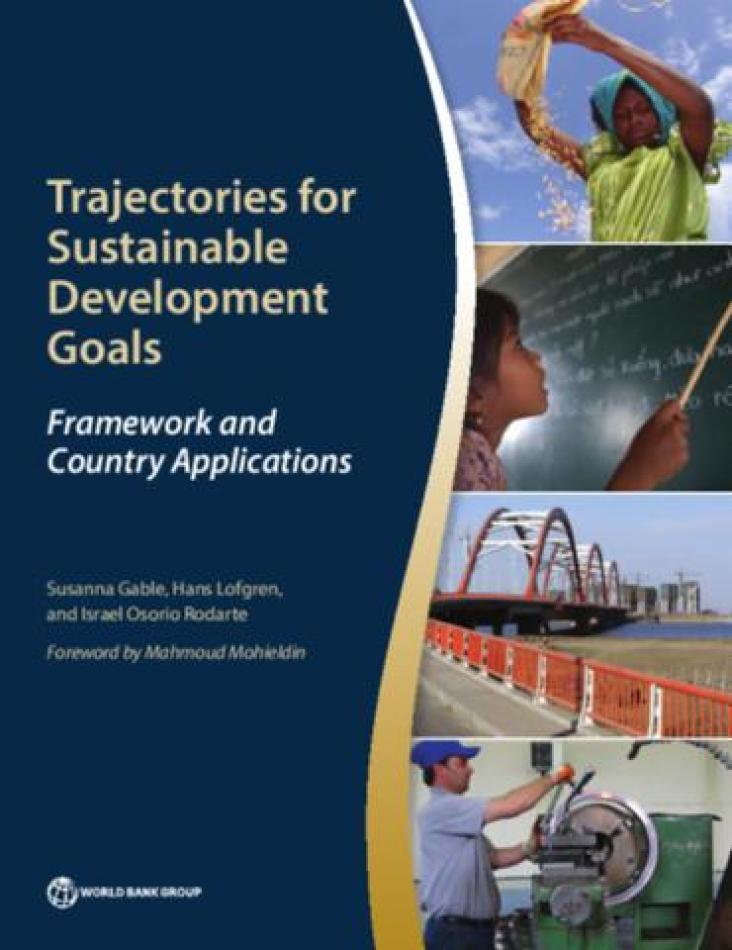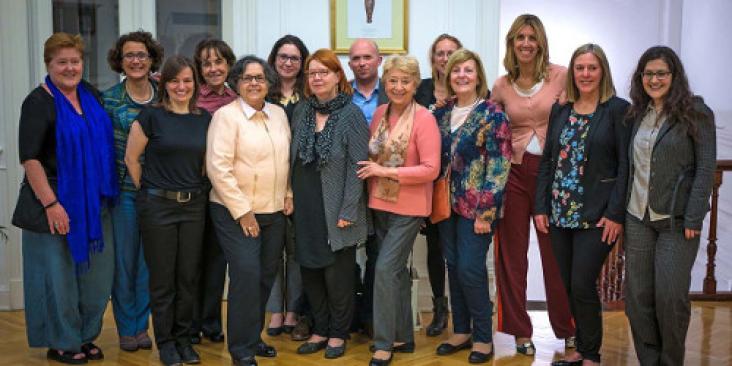The Government's scheme for individuals to apply for tribunal fees refunds has been rolled out to all applicants, after a "successful opening phase of the scheme". This reduces inequalities between richer and poorer employees and between richer companies and poorer employees contributing to SDG 10.

Modern slavery risks have risen across the world over the last year, including in 20 of the 28 member states of the EU. On Anti-Slavery Day, this blog looks at the increased risks and numbers of victims of forced labour in supply chains, and how to mitigate these risks contributing to goal 8 (decent work and economic growth).
SDG target 10.3 is concerned with eliminating discriminatory laws. In the UK, it has been successfully argued before an employment tribunal that a discrimination claim - thrown out during the fees regime because the claimant did not pay - should be revived. This sets a precedent for reducing inequalities based on the ability to pay.
In the UK, average income growth fell to just 0.7% in the year running up to the general election in June, research from think tank the Resolution Foundation has found. The data illustrates the challenges faced by target SDG 10.1 to progressively achieve and sustain income growth of the bottom 40 per cent of the population at a rate higher than the national average.

This book presents the country development diagnostics post-2015 framework, developed by the World Bank Group to assess the country-level implications of the post-2015 global agenda, as well as brief, ‘at-a-glance’ applications of the framework to ten countries: Ethiopia, Jamaica, the Kyrgyz Republic, Liberia, Nigeria, Pakistan, Peru, the Philippines, Senegal, and Uganda.
Tourism and hospitality are labour intensive, with 8% of the global workforce employed in the sector. The critique of employment conditions in the sector is deeply rooted, low remuneration, anti-social hours, insecurity, limited access to training and poor career progression are charges regularly levelled at the industry. The World Responsible Tourism Awards showcases many examples of companies choosing to have inclusive labour practices.

Gender InSITE is an international initiative to promote the role of women in science, innovation, technology and engineering - supporting the goal of SDG target 10, Reduced Inequalities. The Elsevier Foundation has been a long-time advisor and supporter of GenderInSITE, most recently providing a $40,000 grant for two thematic workshops in 2017: one addressing Latin America, exploring how a gender perspective in science education is indispensable to a sustainable development and the second in the South African region focusing on Gender and Innovation.

Many countries are experiencing economic benefit from a surge in tourism, but once pristine landscapes are changing and local communities rarely benefit from the tourism, and instead run the risk of losing their livelihoods. Researchers in Thailand are investigating “creative tourism” – creative, sustainable approaches to tourism, that enable producers and consumers to relate and get value from their connections. This supports the tourism elements of SDGs 8, 12 and 14.
The Elsevier Foundation partners with the African Journal Partnership Program, pairing African health and medical journals with leading biomedical journals from the US and UK to build editorial skills through journal mentoring and training. Elsevier volunteers can spend up to one month supporting African journals to boost knowledge exchange, in line with SDG 10.

The marketing value of the concept of ecotourism is now very low, as there is very little evidence that it delivers. Many people in the developing world are unable to visit National Parks and suffer only negative impacts – loss of access for meat, fruits, thatching grass and land for agriculture. How does a consumer or tour operator identify wildlife operators and conservancies that are really making a contribution? Either to wildlife and habitat conservation or to the livelihoods of local communities to ensure that they benefit from conservation?
